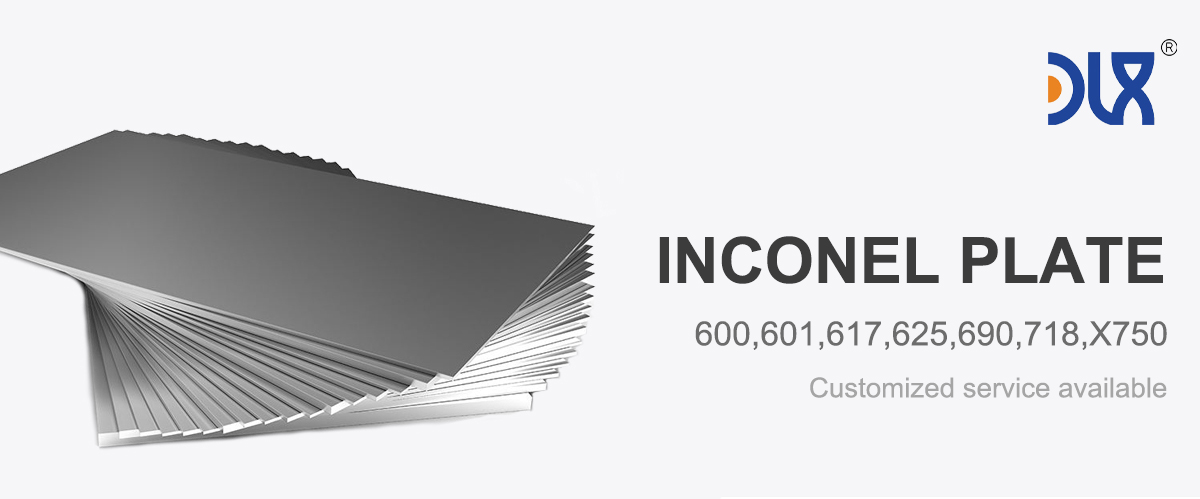
Our Inconel 617, 625, and 718 plates are built to handle the intense demands of alloy processing equipment in extreme-temperature environments. These nickel-based alloys are all about strength, corrosion resistance, and staying tough when the heat is on. Inconel 617 thrives at temperatures up to 2000°F (1093°C), perfect for furnaces and chemical reactors. Inconel 625 tackles acidic and chloride-heavy conditions, making it ideal for boiler tubes and chemical processing up to 1800°F (982°C). Inconel 718 brings high tensile strength for high-stress applications like turbine blades, holding strong up to 1300°F (704°C). Available in thicknesses from 1/8″ to 2″, we customize these plates to fit your equipment designs perfectly.
For more details, pls directly contact us.
The alloy processing equipment market is heating up as industries like aerospace, chemical processing, and power generation push for gear that can handle extreme conditions. Global demand for high-performance materials is growing, driven by the need for equipment that resists corrosion, withstands high temperatures, and cuts down on maintenance costs. Inconel 617, 625, and 718 plates are in high demand for their ability to perform in harsh environments, from chemical reactors to gas turbines. With industries focusing on efficiency and sustainability, our plates are a perfect match for building equipment that lasts longer and performs better under pressure.
Comparison Table
Parameter | Inconel 617 | Inconel 625 | Inconel 718 | Stainless Steel (e.g., 316) |
|---|---|---|---|---|
Max Service Temperature | 2000°F (1093°C) | 1800°F (982°C) | 1300°F (704°C) | 1600°F (871°C) |
Corrosion Resistance | Excellent in oxidizing environments | Superior in acidic/chloride settings | High resistance to stress corrosion | Good, weaker in aggressive settings |
Tensile Strength | ~700 MPa, stable at high temps | ~830 MPa, retains strength in extreme conditions | ~1100 MPa, ideal for high-stress uses | ~515 MPa, weakens at high temps |
Oxidation Resistance | Outstanding, forms protective oxide layer | Very good, resists scaling | Good, suitable for high-temp applications | Moderate, prone to scaling |
Weldability | Readily weldable, no post-weld treatment | Readily weldable, no post-weld treatment | Readily weldable, may need heat treatment | Good, may require post-weld treatment |
Creep Resistance | High, resists deformation at high temps | Moderate, suited for chemical applications | Excellent, ideal for high-stress settings | Moderate, limited under thermal stress |
Cost | Moderate, cost-effective for longevity | Higher, premium for corrosion resistance | Higher, due to high-strength properties | Lower, higher maintenance costs |
Applications | Furnaces, superheaters, chemical reactors | Boiler tubes, marine, chemical components | Turbine blades, high-stress equipment | General industrial, less extreme conditions |
Our Inconel 617, 625, and 718 plates are workhorses in extreme-temperature alloy processing. Inconel 617 is a top choice for furnaces, superheaters, and chemical reactors, where its oxidation resistance shines in high-heat settings. Inconel 625 is used in boiler tubes, heat exchangers, and chemical processing equipment, standing up to acidic and chloride environments. Inconel 718 is the go-to for high-stress components like turbine blades, rocket engines, and high-pressure reactors, thanks to its incredible strength and resistance to stress corrosion cracking. From aerospace to oil and gas, our plates keep equipment running smoothly in the toughest conditions.
Item | Inconel 600 | Inconel 601 | Inconel 617 | Inconel 625 | Inconel 690 | Inconel 718 | Inconel X750 | Inconel 825 |
C | ≤0.15 | ≤0.1 | 0.05-0.15 | ≤0.08 | ≤0.05 | ≤0.08 | ≤0.08 | ≤0.05 |
Mn | ≤1 | ≤1.5 | ≤0.5 | ≤0.35 | ≤0.5 | ≤0.35 | ≤1 | ≤1 |
Fe | 6-10 | rest | ≤3 | rest | 7-11 | rest | 5-9 | ≥22 |
P | ≤0.015 | ≤0.02 | ≤0.015 | -- | -- | -- | -- | -- |
S | ≤0.015 | ≤0.015 | ≤0.015 | ≤0.015 | ≤0.015 | ≤0.01 | ≤0.01 | ≤0.03 |
Si | ≤0.5 | ≤0.5 | ≤0.5 | ≤0.35 | ≤0.5 | ≤0.35 | ≤0.5 | ≤0.5 |
Cu | ≤0.5 | ≤1 | -- | ≤0.3 | ≤0.5 | ≤0.3 | ≤0.5 | 1.5-3 |
Ni | ≥72 | 58-63 | ≥44.5 | 50-55 | ≥58 | 50-55 | ≥70 | 38-46 |
Co | -- | -- | 10-15 | ≤10 | -- | ≤1 | ≤1 | -- |
Al | -- | 1-1.7 | 0.8-1.5 | ≤0.8 | -- | 0.2-0.8 | 0.4-1 | ≤0.2 |
Ti | -- | -- | ≤0.6 | ≤1.15 | -- | -- | 2.25-2.75 | 0.6-1.2 |
Cr | 14-17 | 21-25 | 20-24 | 17-21 | 27-31 | 17-21 | 14-17 | 19.5-23.5 |
Nb+Ta | -- | -- | -- | 4.75-5.5 | -- | 4.75-5.5 | 0.7-1.2 | -- |
Mo | -- | -- | 8-10 | 2.8-3.3 | -- | 2.8-3.3 | -- | 2.5-3.5 |
B | -- | -- | ≤0.006 | -- | -- | -- | -- | -- |
Shape | Size (mm) |
Wire | 0.02-7.50 |
Rod/Bar | 8.0-200 |
Strip | (0.5-2.5)*(5-180) |
Tube/Pipe | Customized |
Sheet/Plate | Customized |
For more details, pls directly contact us.
We stand out when it comes to Inconel 617, 625, and 718 plates for alloy processing equipment. Our advanced manufacturing processes ensure every plate meets the strictest industry standards, with thorough quality checks guaranteeing top-notch performance. We offer unmatched customization, tailoring plate sizes and thicknesses to your exact equipment needs. Our plates are designed for easy welding and forming, speeding up fabrication and reducing downtime. Unlike others, we prioritize durability and consistency, delivering materials that minimize maintenance in extreme environments. With our reliable supply chain and fast delivery, we keep your projects on track, no matter how big or complex.
Why Choose Our Inconel Plate s?
Our Inconel 617, 625, and 718 plates are engineered to power alloy processing equipment through the harshest conditions. With unbeatable high-temperature strength, corrosion resistance, and durability, they’re perfect for furnaces, reactors, turbine blades, and more. Whether you’re in aerospace, chemical processing, or power generation, our plates deliver performance you can count on. Backed by our commitment to quality, customization, and timely delivery, we’re here to help you build equipment that stands up to extreme temperatures and tough environments. Choose our Inconel plates for solutions that keep your operations running strong.
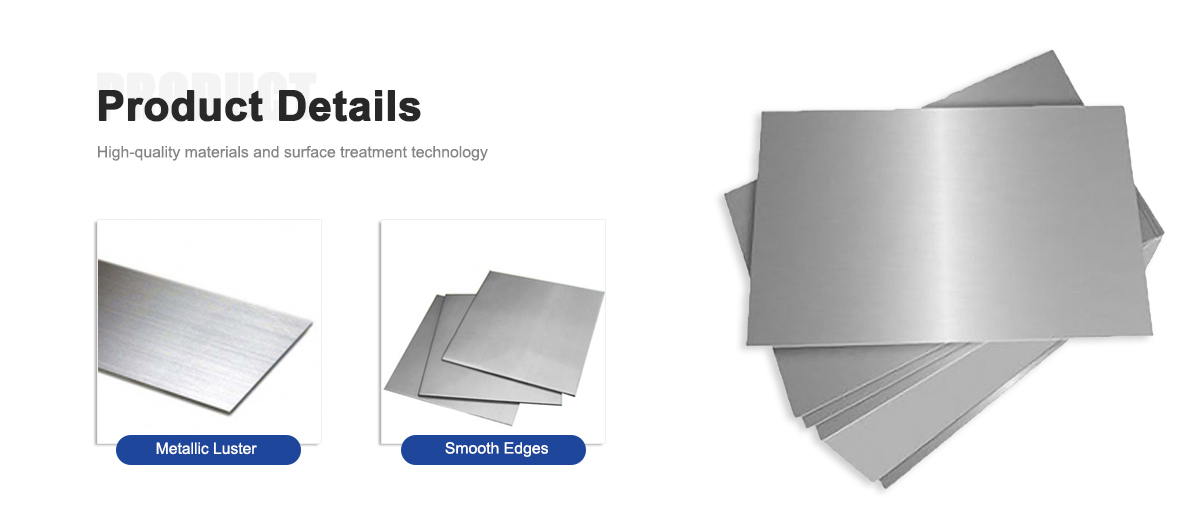
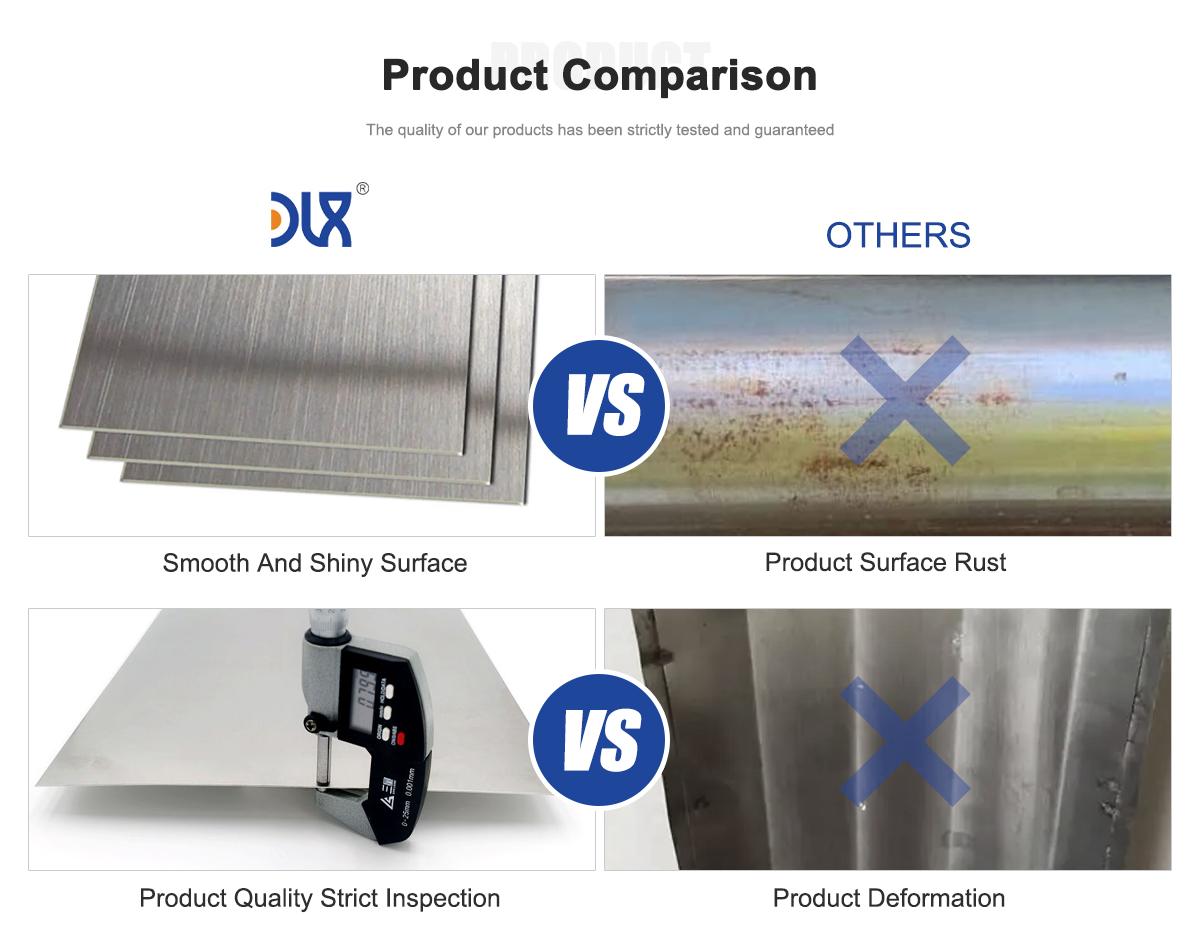
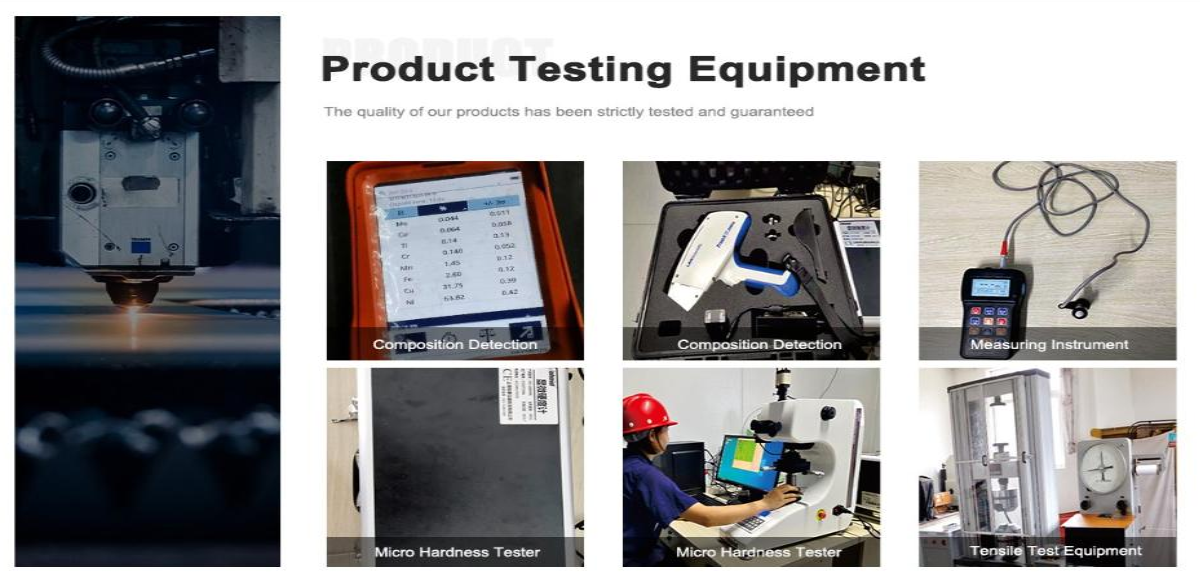
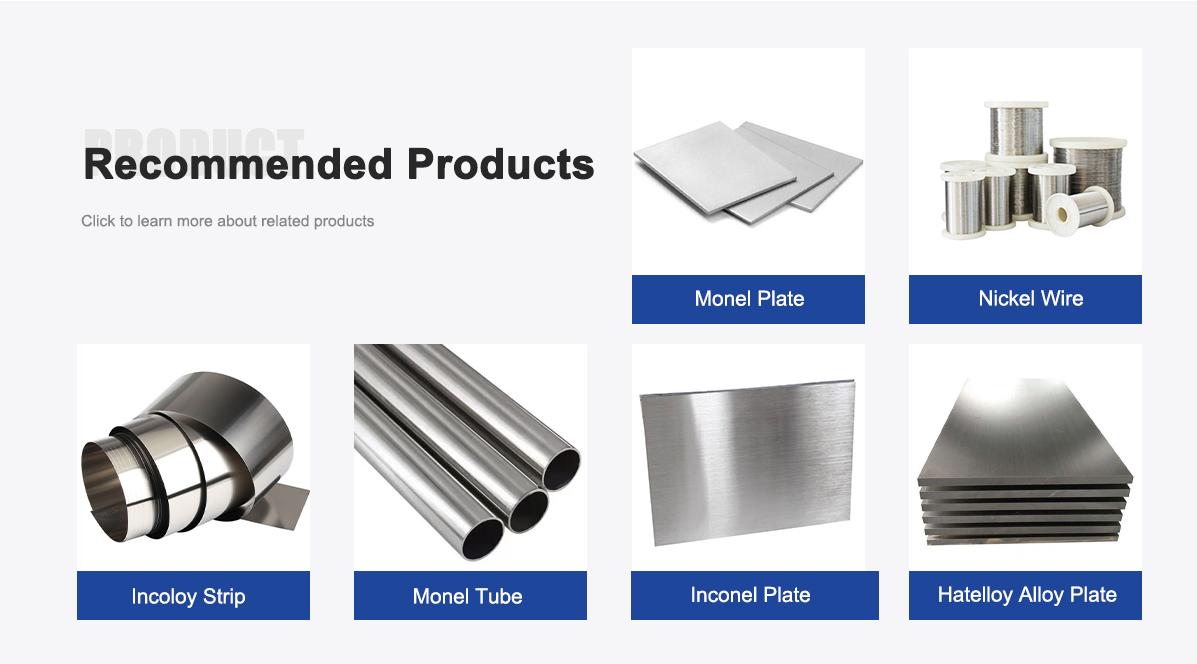
About Us:
Our 12,000㎡ factory is equipped with complete capabilities for research, production, testing, and packaging. We strictly adhere to ISO 9001 standards in our production processes, with an annual output of 1,200 tons. This ensures that we meet both quantity and quality demands. Furthermore, all products undergo rigorous simulated environment testing including high temperature, high pressure, and corrosion tests before being dispatched, ensuring they meet customer specifications. For all our clients, we offer timely and multilingual after-sales support and technical consulting, helping you resolve any issues swiftly and efficiently.
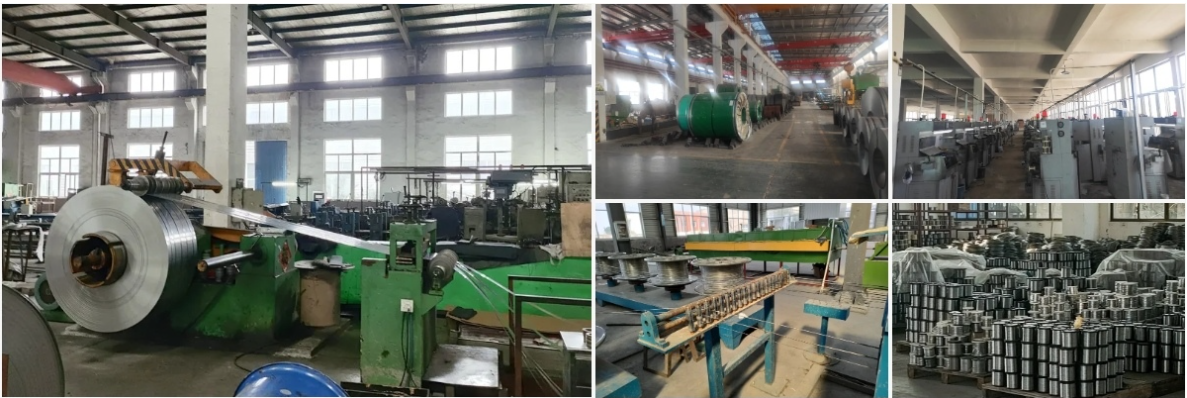
Client Visits
Building Stronger Partnerships
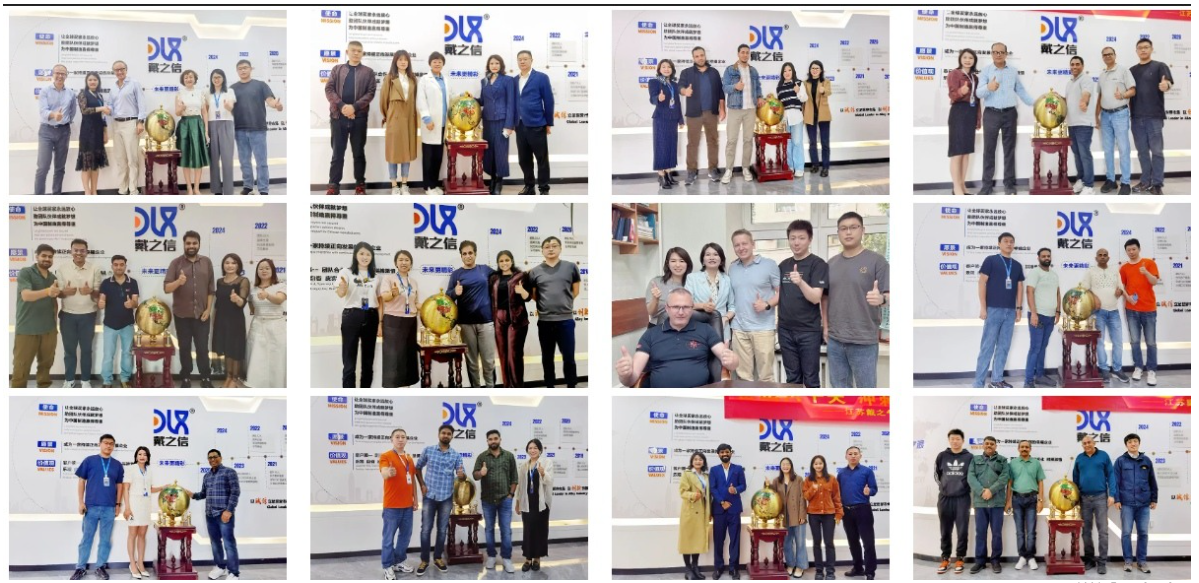
We support all kinds of testing:
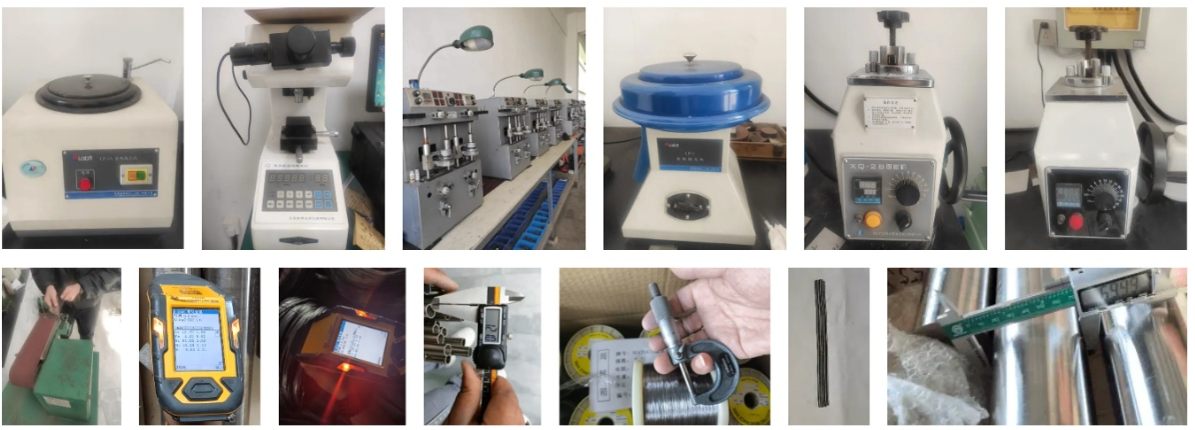

FAQs:
Why are Inconel 617, 625, and 718 plates ideal for alloy processing equipment?
They offer exceptional high-temperature strength, corrosion resistance, and durability in extreme processing environments.What industries use these plates for alloy processing?
Aerospace, chemical processing, power generation, and oil and gas rely on them for equipment like furnaces and reactors.How do these alloys perform in extreme temperatures?
Inconel 617 handles up to 2000°F (1093°C), 625 up to 1800°F (982°C), and 718 up to 1300°F (704°C) with excellent stability.Are these plates resistant to corrosive environments?
Yes, 617 excels in oxidation, 625 resists acidic and chloride settings, and 718 withstands stress corrosion cracking.Can these Inconel plates be welded for equipment fabrication?
All three are weldable using standard methods like TIG or MIG, with no need for post-weld heat treatment.How do these plates compare to stainless steel for high-temperature equipment?
Inconel 617, 625, and 718 provide superior strength and corrosion resistance at extreme temperatures compared to stainless steel.What sizes are available for these Inconel plates?
We offer customizable thicknesses from 1/8″ to 2″, tailored to specific alloy processing equipment designs.Are these plates cost-effective for extreme-temperature applications?
Their durability and low maintenance in harsh conditions make them a cost-effective choice despite higher initial costs.
